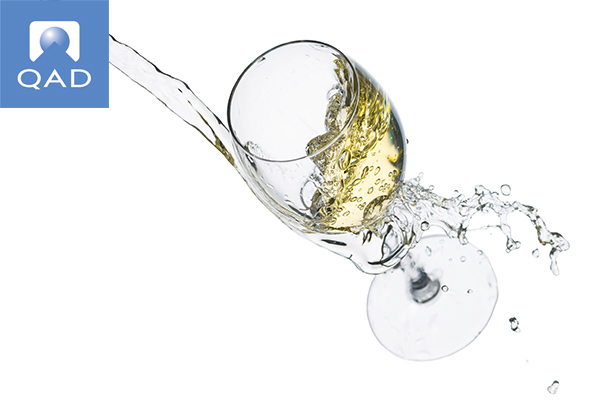The De Bortoli Wines journey started over 90 years ago when Vittorio De Bortoli emigrated from Northern Italy with dreams of building a better life. Vittoria purchased a fruit farm near Griffith, Australia in the New South Wales Riverina region and turned unwanted Shiraz grapes into wine for family and friends those were the beginnings of one of Australia’s largest family-owned wineries. Since its humble beginnings, De Bortoli Wines has grown to become the sixth largest winery in the country, exporting to 75 countries around the world with bottling plant operations in Europe and distribution in the UK.

Operating estates across five Australian winemaking regions, De Bortoli Wines has also demonstrated a strong commitment to sustainability and views this as a key philosophy of leaving a positive legacy for future generations. Over the past 12 years, De Bortoli Wines has been recognized for its quest to become a zero-waste winery, receiving numerous awards and accolades for their work on wise water management, energy efficiency and improved waste management. With a vision for a future where great wine and a healthy environment can be enjoyed by everyone, De Bortoli Wines is embarking on a significant undertaking to convert 10 to 15% of the vineyards in some regions to organic in five years.
THE CHALLENGE: A COMPLEX SUPPLY CHAIN MEANS FLEXIBLE SYSTEMS ARE REQUIRED TO MAINTAIN GRAPE TO GLASS TRACEABILITY
De Bortoli Wines operates a complex vertically and horizontally integrated business model that encompasses wine production and distribution from grape to glass.
“De Bortoli is a vertically integrated business that is involved in every part of the wine industry and can be thought of as not just one company, but as a collection of quite distinct business. We have businesses that grow grapes, make wine, package wine, warehouse wine, transport wine, and sell wine, including direct to consumer via our own physical and online retail presence,” said Bill Robertson, CIO, De Bortoli Wines.
“In terms of our horizontal integration, we source grapes from our growers and from others, we buy and sell grapes, we buy and sell bulk wines, we ship bulk wine overseas for bottling, we export our wine, we import wine, we joint venture products. Additionally, we buy and sell logistics and warehousing services and try to service every feasible route to market,” continued Robertson.
“One of the interesting things with De Bortoli is, as a structural point of view, we have control over our whole supply chain. But to get competitive advantage out of that, we have to be able to flow information through and to get value out of that “added Robertson.
“The ability to deploy on multiple devices is going to be critical. There are so many pieces to where QAD is going, not just in the immediate future but the long-term, that aligns with what we want to achieve.”
Dunn adds, “We’re using QAD to track all wine specifications from grape to bottle. The current feature set is highly configurable, and we’re using this to print a certificate of analysis form for the customer, which shows all the specifications that they have asked for and how they match.”
THE BENEFITS: IMPROVED VISIBILITY INTO A COMPLEX INTEGRATED SUPPLY CHAIN LEADS TO HIGHER QUALITY AND OPTIMIZED GROWER RESOURCES
“Our agribusiness supply chain scheduling has allowed us to focus on quality, compliance and optimization simultaneously. We’ve been able to optimize our growers resources by giving them 15-minute delivery slots rather than waiting for hours. It also improves our quality when we bring through the information into our winemaking systems. We get traceability all the way from the vineyard throughout our systems, throughout the manufacturing plant, through to the bottle. And our quality has obviously improved by the fact that we’re not leaving grapes sitting in trucks, and we can blend all the way through and get the quality that our consumers expect,” said Robertson.
We’re really excited by where QAD is going with it’s new UX. If we had a wish list of the roadmap for our ERP solution, QAD ticks the boxes,“ concludes Robertson.
QAD has been a great company to work with. One of the things that’s really nice is, like us, they’re a very approachable business. And that’s something that relates to us. They also have tenure of executives and of their senior people. The tenure works well with us as a family business. It means you can build relationships. You can work with those relationships and achieve long-term goals.”
Bill Robertson, CIO, De Bortoli Wines





